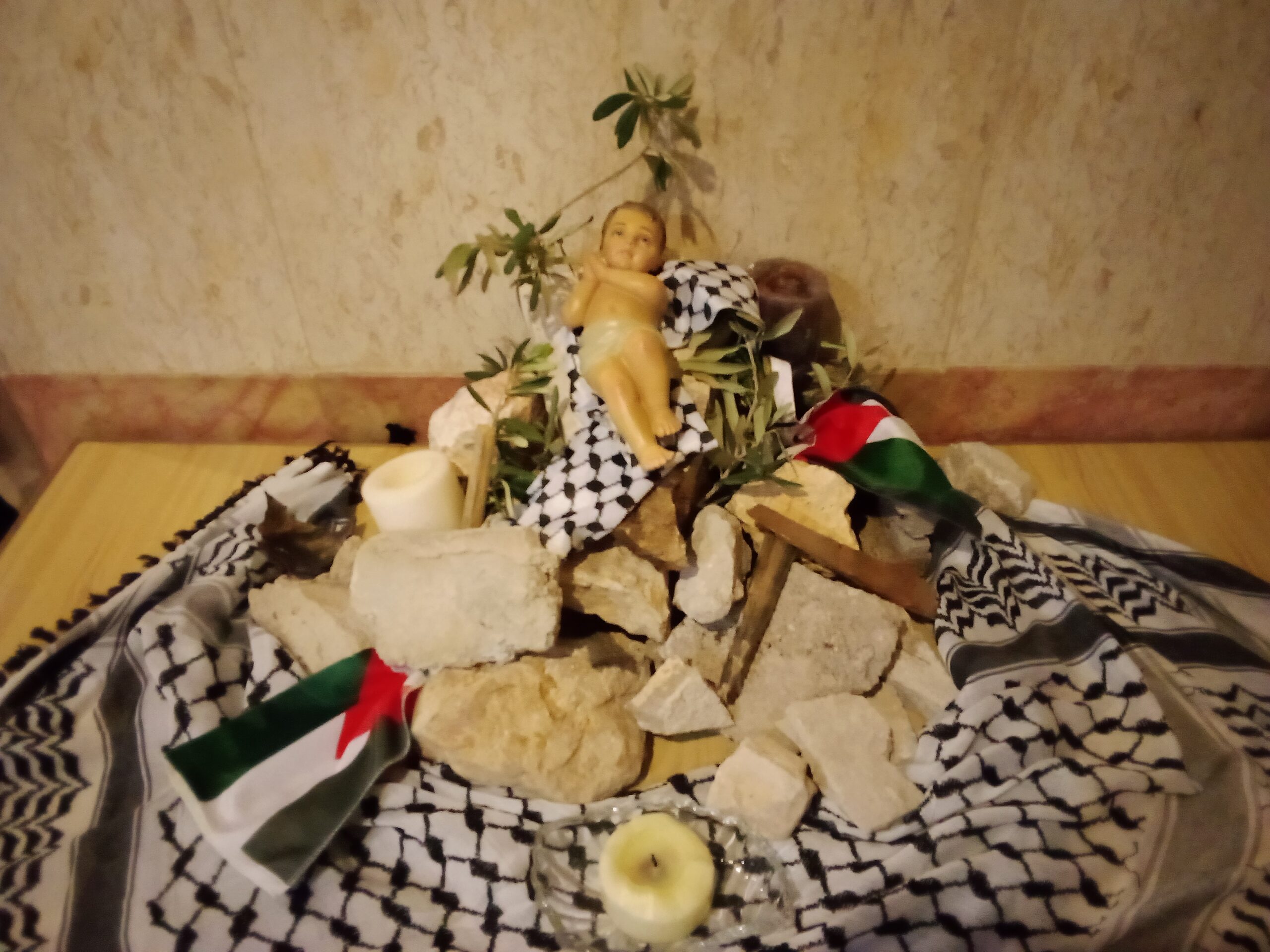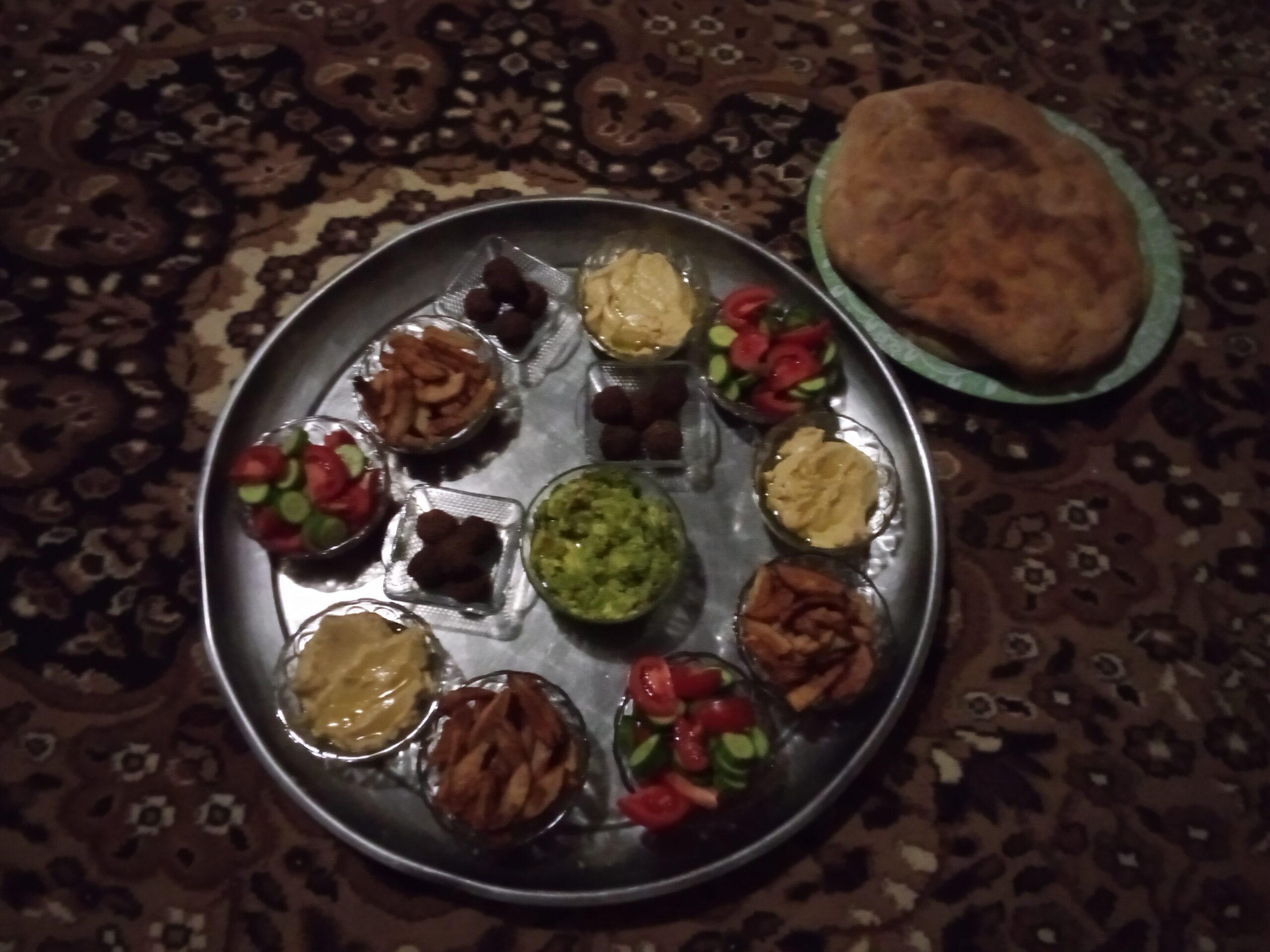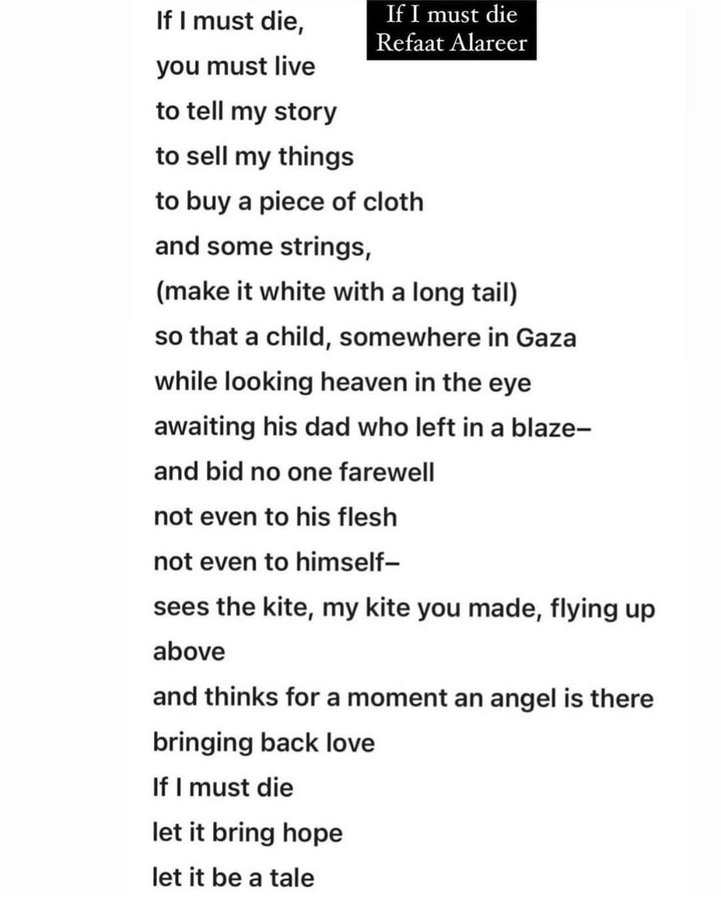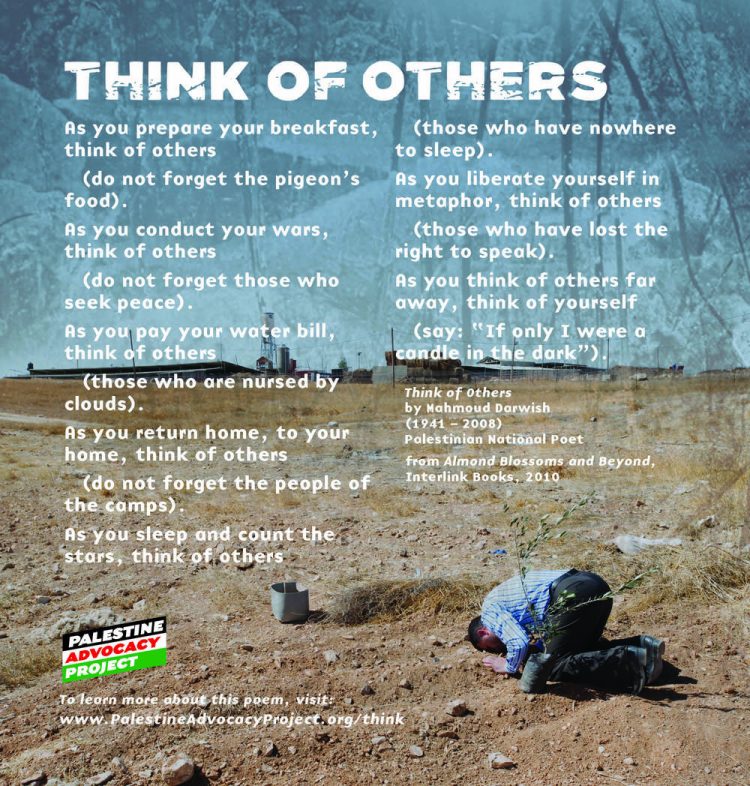It is nearing Christmas time in Bethlehem. And there is room at the inn this time.
A family from Gaza had to go to a far away hospital for their child’s illness. Then October 7th occurred, and then the genocide.

This Gazan family found refuge in a hostel in Bethlehem. They have been here for months already and will continue to be until it is safe for them to return. I spent one night in the same hostel. And the mother knocked on the bedroom door I was in. When it opened, I saw that she had made an extra plate of home-cooked food.
I couldn’t do anything but cry for the next hour, thinking to myself how the family most likely has no home to go back to, perhaps no neighborhood, perhaps no city, and in all likelihood have lost dozens of members of their extended family, and they still have the thoughtfulness, compassion, and grace to offer a stranger a meal.
It is not the first time a Palestinian has shown me similar care and generosity. Everywhere in Palestine I have been given tea, coffee, food, sweets, gifts of all types, embraces of friendship, and overflowing kindness.
In Masafer Yatta, the Jordan Valley, and other areas in Palestine, shepherding families and other villagers face threats of their whole communities being wiped out by murderous settlers who tell them they have 24 hours to leave or be killed. Still, these same families will spend the little money they have to supply their international and Israeli solidarity guests with tea, coffee, snacks, homemade bread and more.

In Gaza, I have heard there are thousands of open doors to the Palestinian homes that are still standing. Gaza families keep their doors open for when (not if) their neighbors’ homes are bombed and their neighbors are made homeless with nowhere else to go. And in the United States, where I am from, we lock not only the doors to our homes but our churches too. I pray that one day, Americans in peace and prosperity will have as much generosity and compassion to those made homeless as the Palestinian people of Gaza have even while experiencing starvation and genocide.
There is a poet in Gaza, Refaat Alareer, who was targeted and killed by a missile strike. He had written a poem about what he would like to occur in the event of his death. He asks us to make kites (white ones, with long tails) so that a child in Gaza can see them flying and think about how an angel is bringing back love.

If there is one thing right now that I wish the world could see through my eyes, it is the strength to love that I witness Palestinians still have even when they are experiencing a genocide. This humanity amid inhumanity breaks the shell enclosing my understanding and teaches me what holy is.
Mahmoud Darwish, the famed Palestinian poet, reminds us to think and say, “if only I were a candle in the dark”.

Being in Palestine at this time, I see much darkness, but also many candles.
I can still see even after all the unspeakable crimes against humanity waged against the Palestinian people, how if settler colonialists would simply come as guests and friends, come as a brother returning home, instead of a conquerer laying waste to the land and its people, how there would be a table spread before them by Palestinians with so many wonderful things and an empty seat and a full plate waiting with voices reiterating again and again: ahlan wa sahlan, ahlan wa sahlan.
Palestinian people have been denied their right to return to their homes and land for over 75 years. They still have the keys. But these examples of boundless humanity in the worst situations teach me about a different kind of return. Palestinians offer me, other internationals, and their Israeli oppressors when they turn from their oppression, the right to return to their, to our, humanity.
